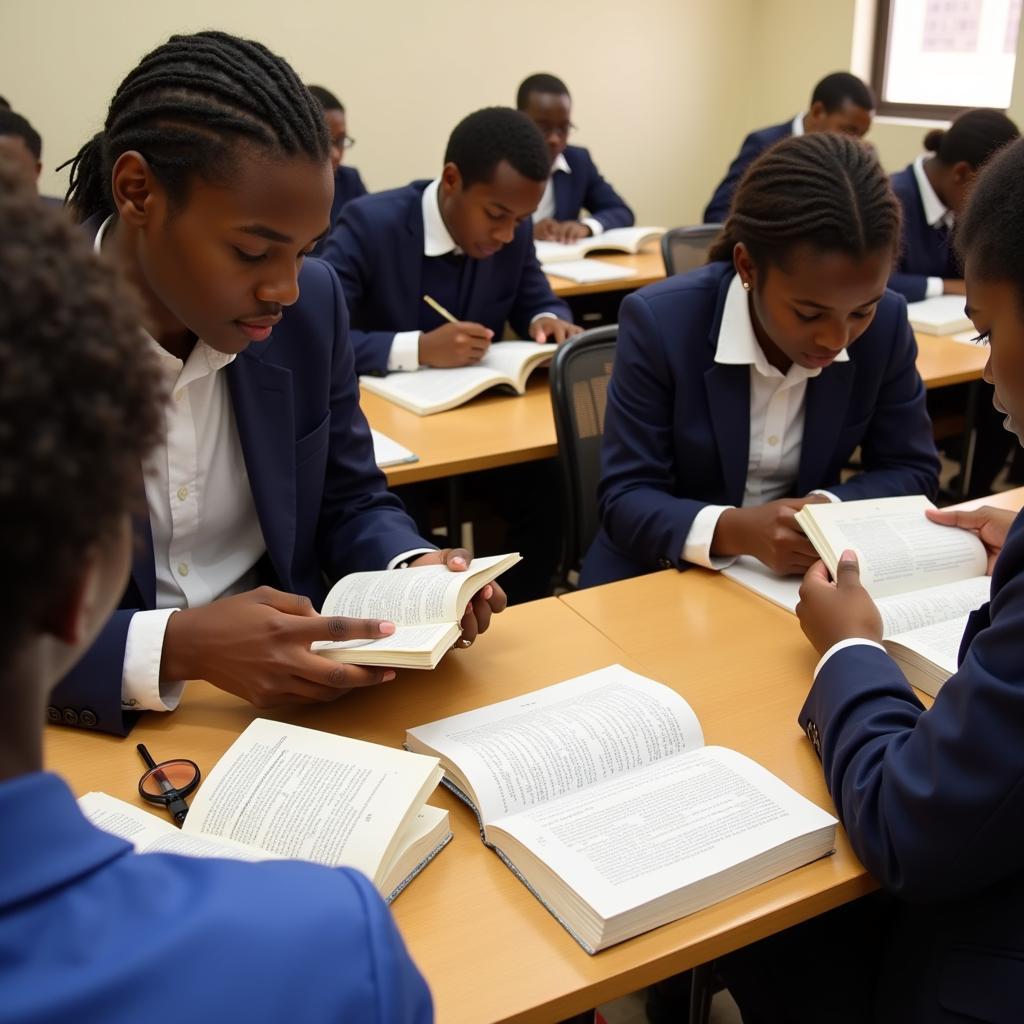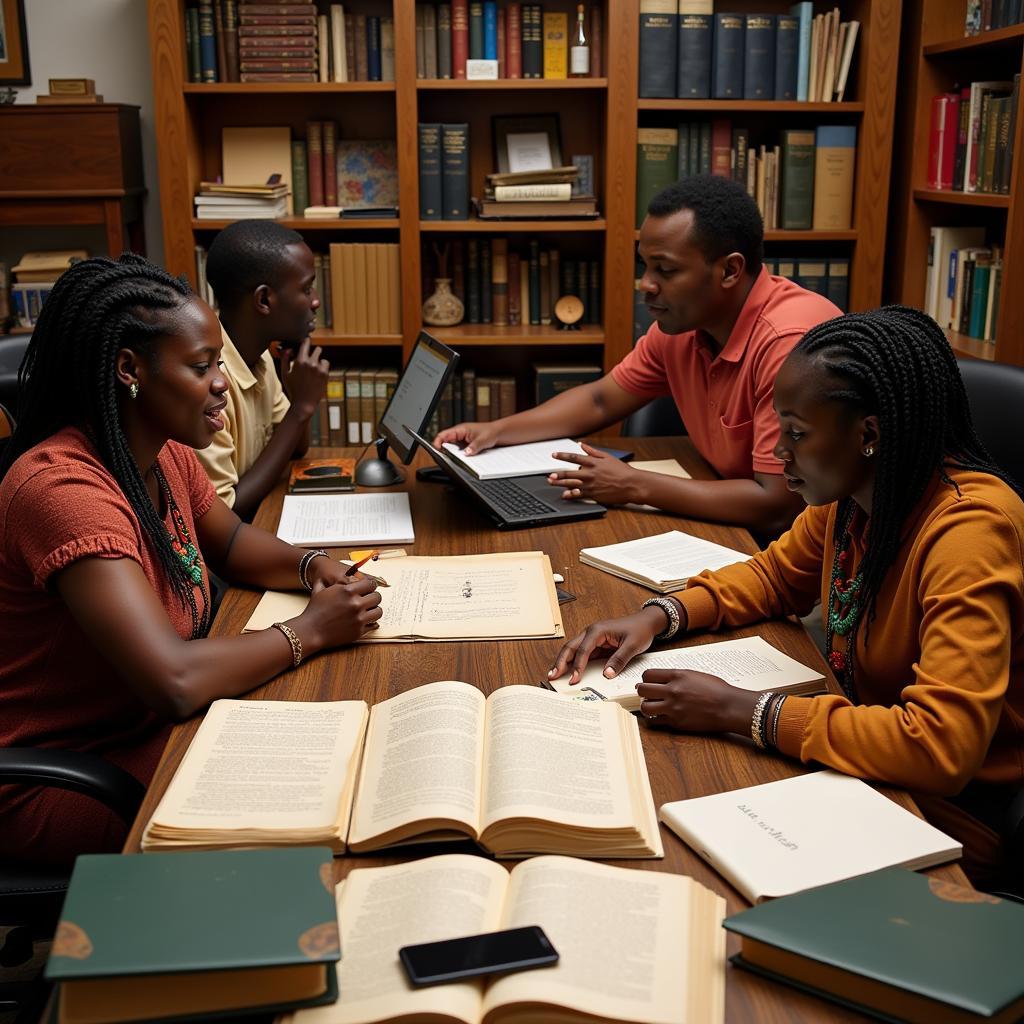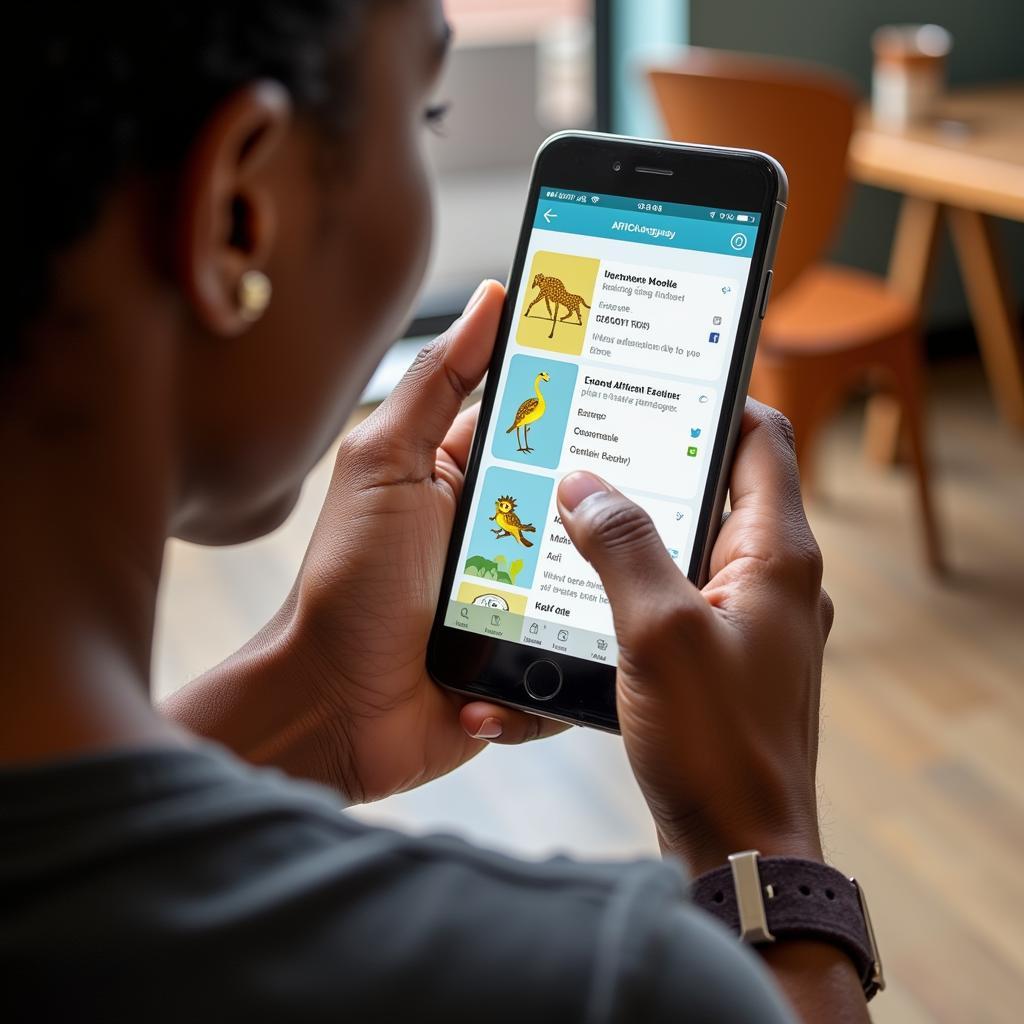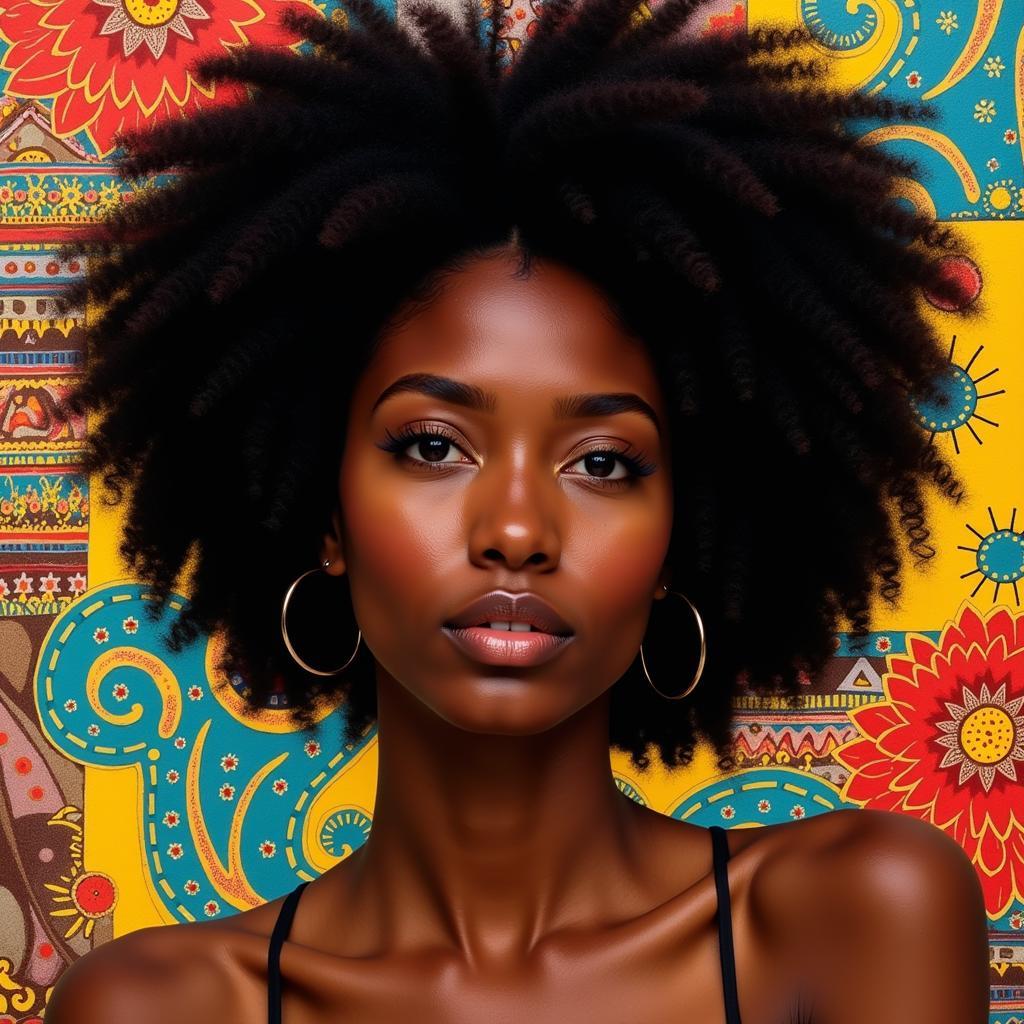Exploring the Richness of African Language Dictionaries
African language dictionaries are essential tools for understanding the diverse linguistic landscape of the continent. They unlock the richness of over 2,000 languages, bridging communication gaps and preserving cultural heritage. From Swahili in East Africa to Afrikaans in the South, these dictionaries document the intricate grammar, vocabulary, and cultural nuances embedded within each language. This exploration delves into the importance and challenges of creating and utilizing these valuable resources.
The Importance of African Language Dictionaries in a Globalized World
African language dictionaries are not just lists of words; they are gateways to understanding the diverse cultures, histories, and worldviews of African communities. They serve as vital tools for researchers, linguists, translators, and anyone seeking to connect with the continent on a deeper level. These resources empower language preservation efforts, promote multilingualism, and facilitate cross-cultural understanding. Access to a reliable African English dictionary is often the first step in this journey.
The development of comprehensive African language dictionaries is crucial for fostering literacy and education within African communities. By standardizing orthography and providing clear definitions, these resources facilitate the creation of educational materials, promote language learning, and empower individuals to access information and opportunities. Furthermore, they play a vital role in preserving indigenous knowledge and cultural traditions, ensuring that these invaluable legacies are passed down to future generations.
Accurate and accessible African dictionary translation services are becoming increasingly important in various sectors, including business, tourism, and diplomacy. As Africa’s role on the global stage continues to grow, the demand for skilled translators and interpreters proficient in African languages is also on the rise.
 Students using an African language dictionary in a classroom
Students using an African language dictionary in a classroom
Challenges in Creating and Maintaining African Language Dictionaries
Creating and maintaining African language dictionaries comes with its own set of challenges. Many African languages lack extensive written documentation, making it difficult to compile comprehensive lexicons. Moreover, the oral traditions that have preserved these languages for centuries are increasingly threatened by globalization and the dominance of major international languages. The sheer number of languages spoken across the continent also presents a logistical challenge, requiring significant resources and expertise.
Another major obstacle is the constant evolution of language. Slang, colloquialisms, and borrowed words are constantly being incorporated into African languages, necessitating regular updates and revisions to existing dictionaries. Funding for these projects can also be difficult to secure, especially for less widely spoken languages. However, online resources like an African American dictionary can help bridge some of these gaps.
Dr. Abimbola Afolayan, a renowned linguist specializing in Yoruba language, emphasizes, “Preserving African languages through comprehensive dictionaries requires a collaborative effort involving linguists, community members, and technology experts. We need to embrace innovative approaches to documentation and utilize digital platforms to make these resources accessible to a wider audience.”
 African linguists collaborating on a new dictionary edition
African linguists collaborating on a new dictionary edition
How Technology is Revolutionizing Access to African Language Dictionaries
Technology is playing a transformative role in making African language dictionaries more accessible. Online platforms and mobile applications now offer instant translations, pronunciation guides, and interactive learning tools. These digital resources overcome geographical barriers and empower individuals to learn and engage with African languages in dynamic and engaging ways. Imagine having an African American slang phrases guide readily available on your phone!
The development of machine translation tools has also made significant strides, although challenges remain in accurately capturing the nuances and complexities of African languages. These advancements hold immense potential for improving cross-cultural communication and fostering greater understanding between diverse communities.
Professor Chike Obi, a computer scientist specializing in natural language processing, states, “The digital revolution is opening up exciting new possibilities for preserving and promoting African languages. By harnessing the power of technology, we can create dynamic and interactive language learning tools that empower individuals and communities across the continent.”
 Person using a mobile app for African language learning
Person using a mobile app for African language learning
Conclusion
African language dictionaries are invaluable resources for preserving cultural heritage, promoting education, and facilitating communication in an increasingly interconnected world. While challenges remain in creating and maintaining these resources, the ongoing efforts of linguists, communities, and technology experts are ensuring that the rich linguistic tapestry of Africa continues to thrive. Exploring and utilizing these dictionaries is essential for anyone seeking to truly understand and appreciate the diverse cultures and histories of this vibrant continent. Let us continue to champion the preservation and celebration of African languages through the power of dictionaries.
FAQ
- Where can I find online African language dictionaries? Many online resources and mobile applications offer access to African language dictionaries. You can also find resources through academic institutions and cultural organizations.
- What are some of the most widely spoken African languages? Swahili, Arabic, Hausa, Yoruba, Igbo, and Zulu are among the most widely spoken languages on the continent.
- How can I contribute to the preservation of African languages? Supporting language learning initiatives, promoting the use of African languages in education and media, and contributing to dictionary projects are all ways to help preserve these valuable linguistic resources.
- Are there dictionaries for less commonly spoken African languages? Efforts are underway to document and create dictionaries for less commonly spoken languages, but resources are often limited.
- What are some of the challenges in translating African languages? The complex grammatical structures, tonal variations, and cultural nuances of many African languages can pose challenges for translators.
Scenarios of common questions:
- Scenario 1: A student researching African history needs to translate primary source documents written in a specific African language. An African Language Dictionary can provide the necessary vocabulary and grammatical insights for accurate translation.
- Scenario 2: A healthcare professional needs to communicate effectively with a patient who speaks a different African language. A mobile translation app or dictionary can facilitate communication and ensure proper medical care.
- Scenario 3: A businessperson is looking to expand their operations into an African country. Understanding the local language through dictionaries and language learning resources is essential for building relationships and navigating the cultural landscape.
Further exploration:
For further insights into African American language and culture, consider exploring resources like African American dictionary slang.
Need help?
For further support, please contact us via Phone: +255768904061, Email: [email protected] or visit our address: Mbarali DC Mawindi, Kangaga, Tanzania. Our customer service team is available 24/7.


